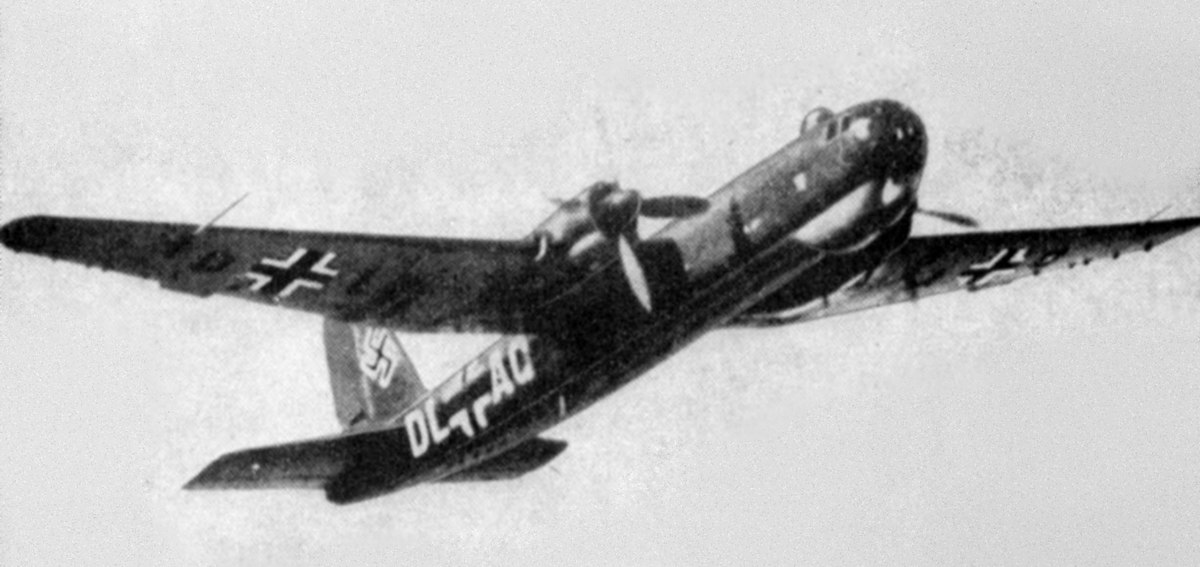Early in WWII, German military tactics were absolutely next-level compared to the rest of Europe. Their enemies didn't master the new, highly mobile mechanised /airborne infantry tactics until later in the war. It was the long-term strategic decisions (where Hitler had more of a say) where they kept going wrong.
Certainly, on the Western front Germany's main error was not pressing the attack against Britain. They had an opportunity to capture the entire British Expedtionary Force before Dunkirk, and they just didn't. They still assumed they would be able to negotiate with Britain, so treated their preparations for a seaborne invasion (Operation Sea Lion) as a last resort rather than a priority. When the air combat of the Battle of Britain didn't go their way (which was far from a foregone conclusion), Sea Lion got shelved. This left Britain as a staging post for the reconquest of Western Europe.
On the Eastern Front, the Battle of Stalingrad and the Seige of Leningrad stand out as a colossal errors. Germany completely abandoned the hyper-mobile approach that had served them so well in favour of a prolonged and brutal deadlock. Previously, they had been able to keep their casualties impressively low, but months of heavy fighting in Stalingrad chewed through their soldiers like a meat grinder. Meanwhile, Leningrad kept their troops pinned down and immobile for more than 2 years. A lot of this had to do with Hitler's determination to capture those two cities because of the ideological enemies they were named after. Passing them by was not an option, regardless of what his generals wanted.
Letting the British Army get away at Dunkirk and attacking Russia were two fateful and fatal decisions on the part of Germany.


